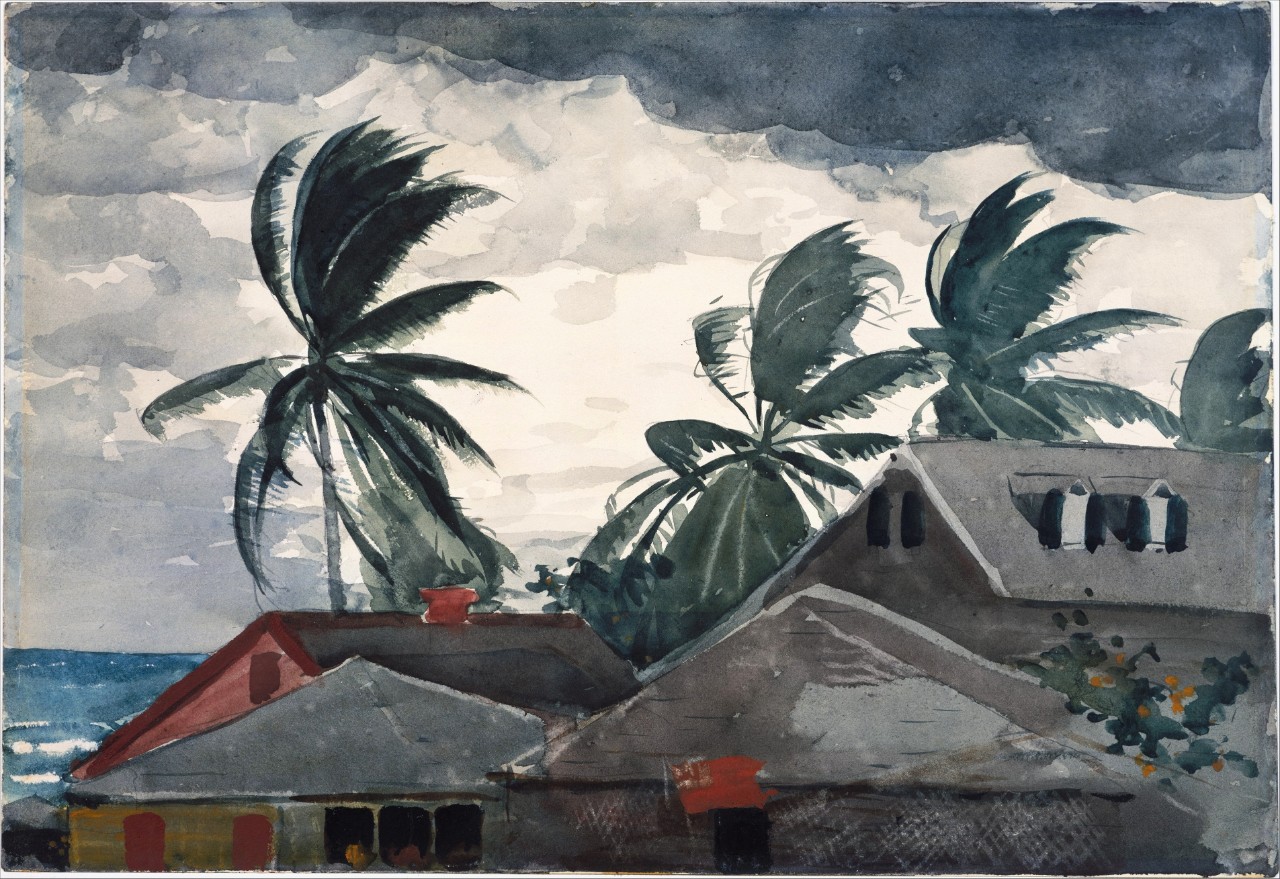
History of Ecology and Environmentalism: Climate Change in History
HSCI 3473
Peter Soppelsa and Suzanne Moon
Focusing on the modern period of history in global perspective, this course explores the history of climate change from the emergence of climate science to the debates and projects aimed at mitigating or adapting to climate change. We will explore both the climate’s influence on human societies and human impact on the climate. The course therefore tells parallel stories of environmental change, human environmental knowledge, and human action on environmental issues. Under the broad umbrella of climate change, topics may include agriculture, deforestation, disasters, globalization, land use, population control, and the extraction and management of natural resources. Guest speakers will highlight: the Little Ice Age; problems of scale, risk, and infrastructure in climate research; indigenous responses to climate change; and imagining a low-carbon future. The course historically examines both the diagnosis of environmental problems and the design of environmental solutions, to show how past problems and solutions may inform wiser ethical and political choices today about environmental issues in the Anthropocene epoch, none more urgent than climate change.
Public Lecture Series
Information for this Lecture Series will be posted here as it comes in.
Decentering Climate History: The Global Little Ice Age, circa 1570 to 1720
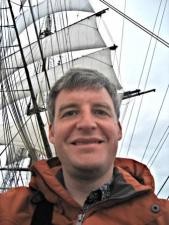
Thursday, January 23, 2020
7:00 pm
Oklahoma Memorial Union, Frontier Room
Lecture Flyer
Gregory Cushman is Associate Professor of International Environmental History at the University of Kansas. He is author of Guano & the Opening of the Pacific World: A Global Ecological History. Cambridge University Press, which won the Wallace Award, MacLeod Prize, Bentley Prize, and Turku Prize and has been translated into Spanish and Chinese.
Indigenous Cultural Revitalization as a Response to Climate Change
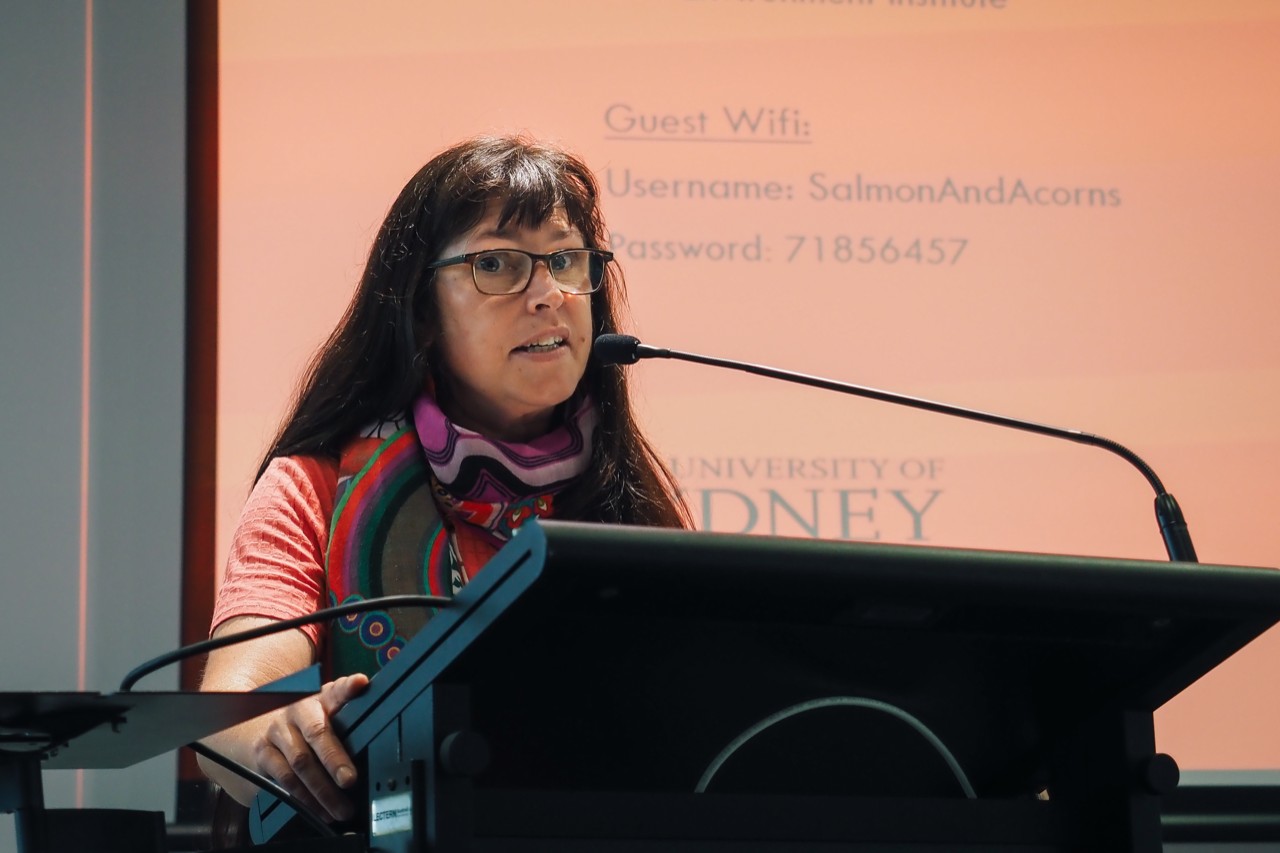
Friday, February 21, 2020
3:30 pm
Oklahoma Memorial Union, Frontier Room
Lecture Flyer
Dr. Kari Marie Norgaard is Professor of Sociology and Environmental Studies at University of Oregon. Dr. Norgaard is recent Chair of Section on Environmental Sociology, American Sociological Association. Over the past fifteen years Dr. Norgaard has published and taught in the areas of environmental sociology, indigenous environmental justice, gender and environment, race and environment, climate change, sociology of culture and sociology of emotions. She is the author of Salmon and Acorns Feed Our People: Nature, Colonialism and Social Action (Rutgers University Press, 2019) and Living in Denial: Climate Change, Emotions and Everyday Life (MIT Press, 2011) and a recipient of the Fred Buttel Distinguished Contribution Award, a Sociology of Emotions Recent Contribution Award and the Pacific Sociological Association’s Distinguished Practice Award. Her work on climate denial and indigenous environmental justice have been covered by the Washington Post, National Geographic, British Broadcasting Corporation, Canadian Broadcasting Corporation, National Public Radio, High Country News and Yes Magazine, among others.
The Floral Archive: Climate Change, History, and the Problem of Scale
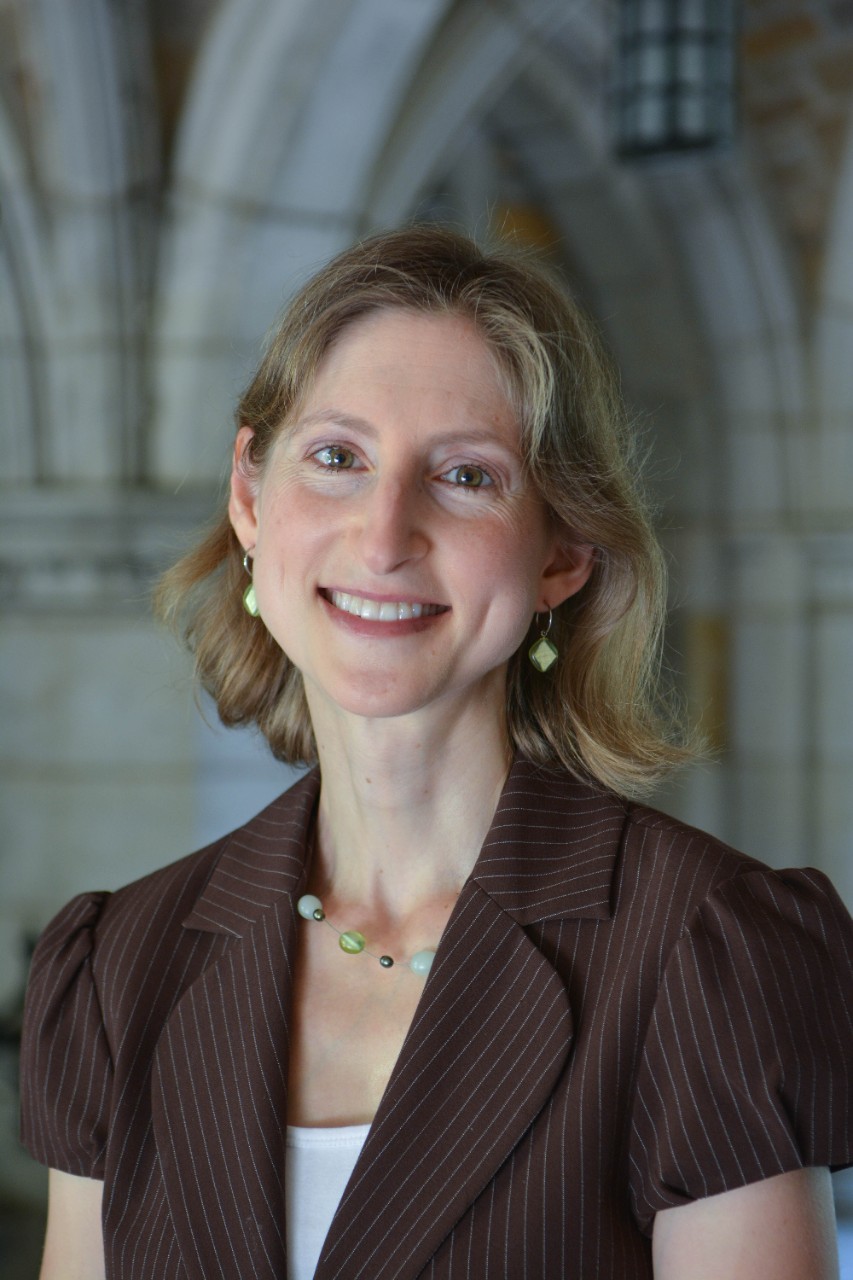
Friday, February 27, 2020
7:00 pm
Oklahoma Memorial Union, Frontier Room
Lecture Flyer
Deborah R. Coen is a professor of history and chair of the Program in History of Science and Medicine at Yale University, as well as a member of the steering committee of Yale's Environmental Humanities Program. Her research interests include the history of the physical and environmental sciences and the intellectual and cultural history of modern central Europe. She is the author, most recently, of Climate in Motion: Science, Empire, and the Problem of Scale (2018), and The Earthquake Observers: Disaster Science from Lisbon to Richter (2013).
Time and Risk in Climate Knowledge: An Infrastructure Perspective
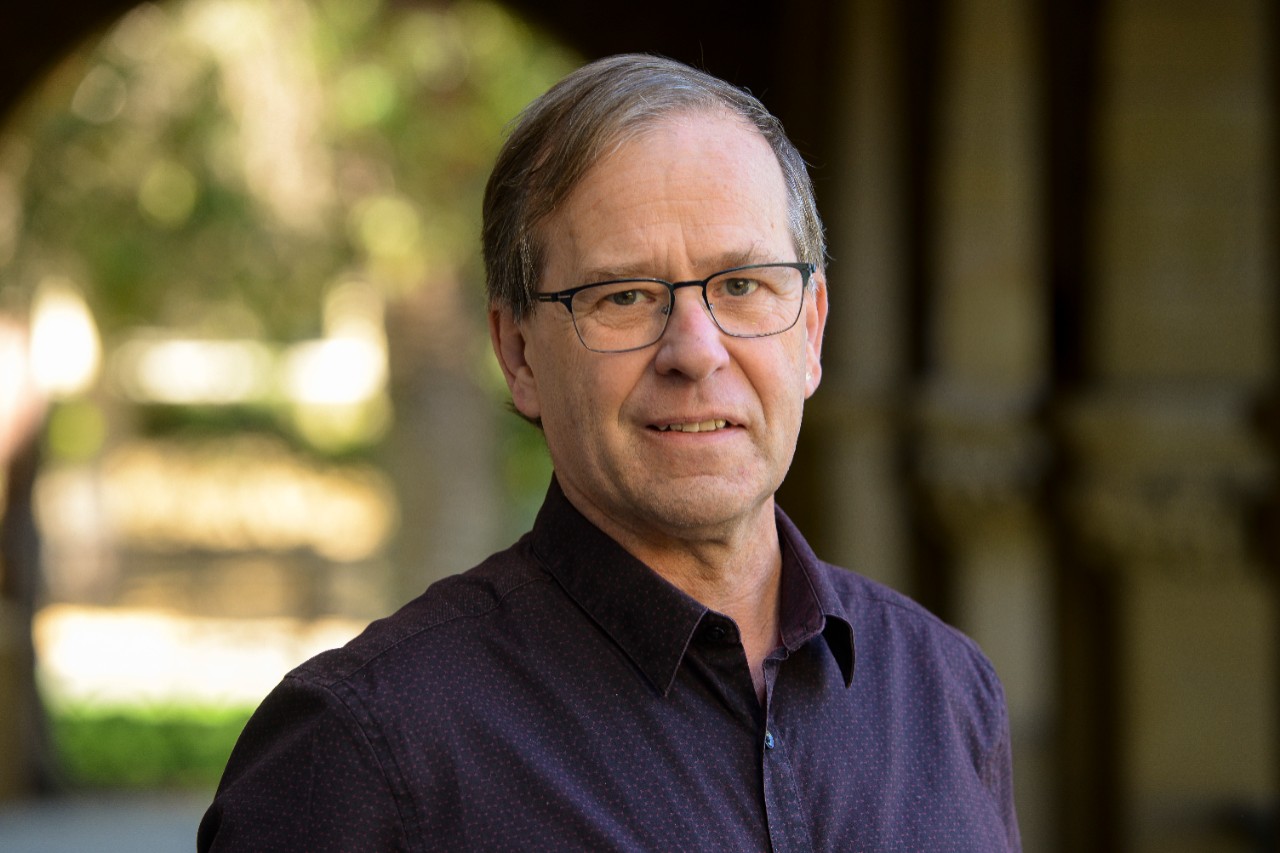
Friday, March 6, 2020
3:30 pm
Oklahoma Memorial Union, Scholars Room
Lecture Flyer
Paul N. Edwards is Director of the Program on Science, Technology & Society at Stanford University and Professor of Information and History (Emeritus) at the University of Michigan. He writes and teaches about the history, politics, and culture of information infrastructures. Edwards is the author of A Vast Machine: Computer Models, Climate Data, and the Politics of Global Warming (MIT Press, 2010) and The Closed World: Computers and the Politics of Discourse in Cold War America (MIT Press, 1996), and co-editor of Changing the Atmosphere: Expert Knowledge and Environmental Governance (MIT Press, 2001), as well as numerous articles. With Geof Bowker, he co-edits a book series, Infrastructures, for MIT Press. Edwards is currently serving as one of over 900 lead authors for the Sixth Assessment Report of the Intergovernmental Panel on Climate Change, to be released in 2021.
CANCELLED - Imagining and Designing Low-Carbon Societies
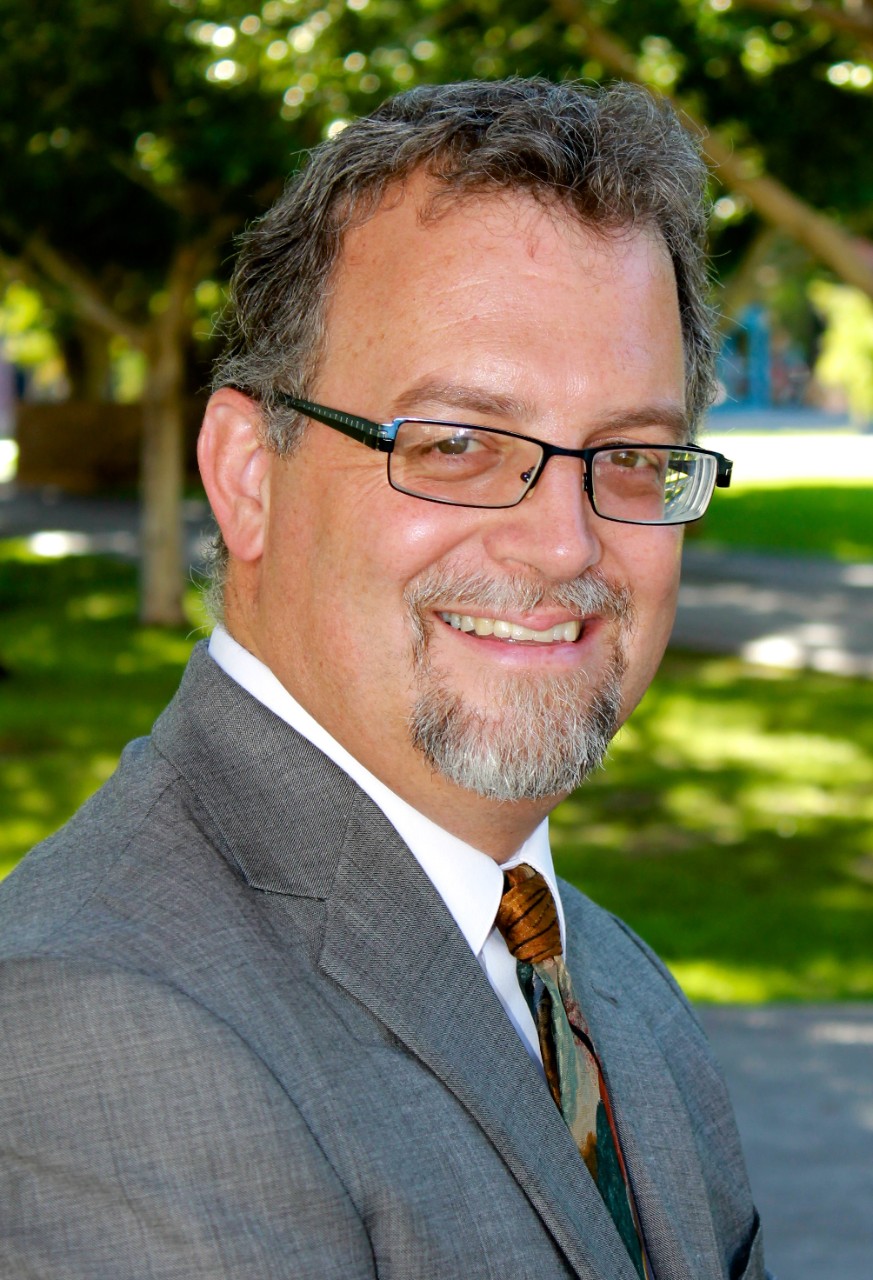
This event has been cancelled due to COVID-19.
Friday, April 10, 2020
3:30 pm
Oklahoma Memorial Union, Regents Room
Lecture Flyer
Clark Miller is the co-editor of The Weight of Light: A Collection of Solar Futures, a free, downloadable book of science fiction stories and other writings about the future of societies built using solar energy. He is the Director of the Center for Energy & Society and a professor in the School for the Future of Innovation in Society at Arizona State University. His research examines strategies for navigating the techno-human complexities of energy transitions, democratizing energy futures, and leveraging energy innovation to end extreme poverty around the globe.
CANCELLED - The 12 Year Window: Locating Crisis, Climate Change, and Colonialism
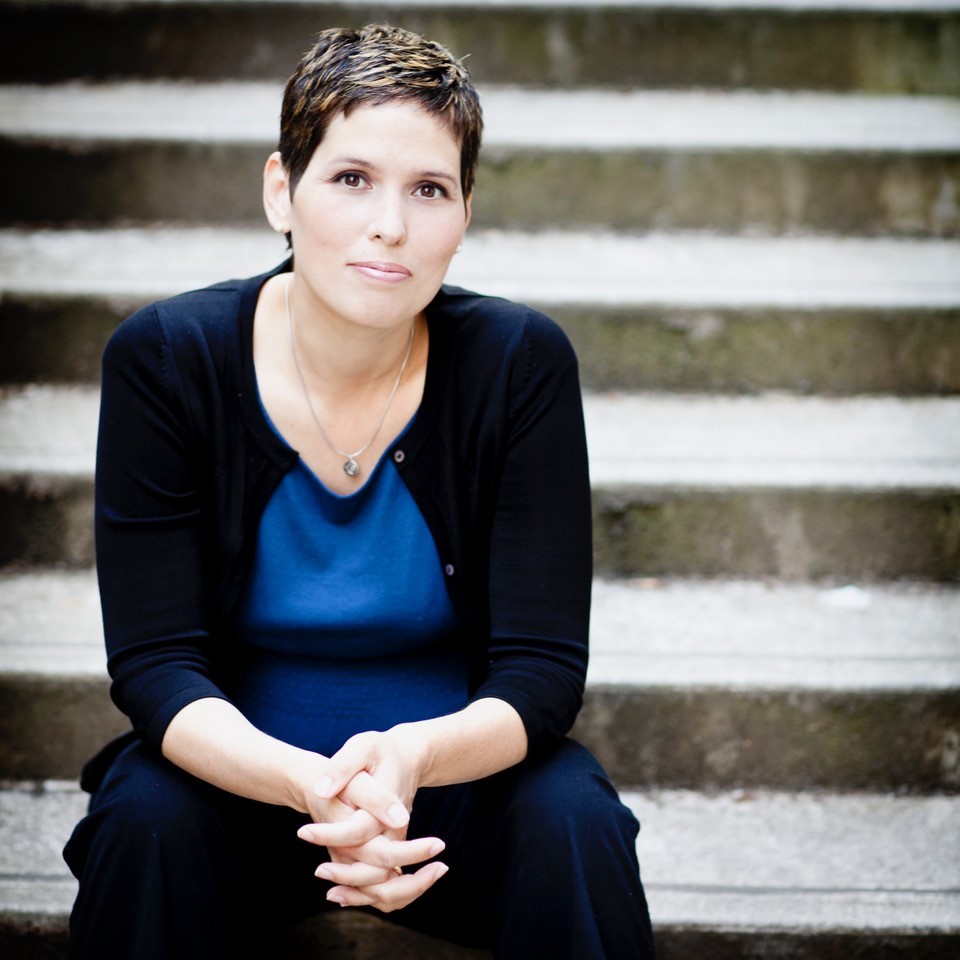
This event has been cancelled due to COVID-19.
Monday, April 20, 2020
4:30 pm
Oklahoma Memorial Union, Frontier Room
Lecture Flyer
Candis Callison is an Associate Professor in the School of Journalism and the Institute for Critical Indigenous Studies at the University of British Columbia. She is the author of How Climate Change Comes to Matter: The Communal Life of Facts (Duke U Press, 2014) and the co-author of Reckoning: Journalism’s Limits and Possibilities (Oxford U Press, 2020). Candis is Tahltan (an Indigenous people located in what is now northwestern British Columbia), a regular contributor to the podcast, Media Indigena, and a member of the American Academy of Arts and Sciences.

